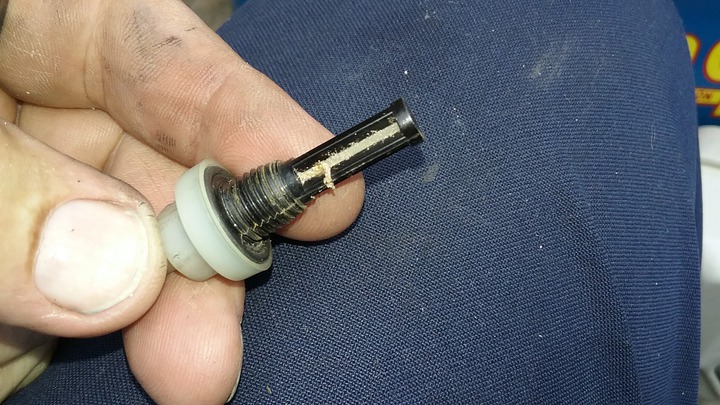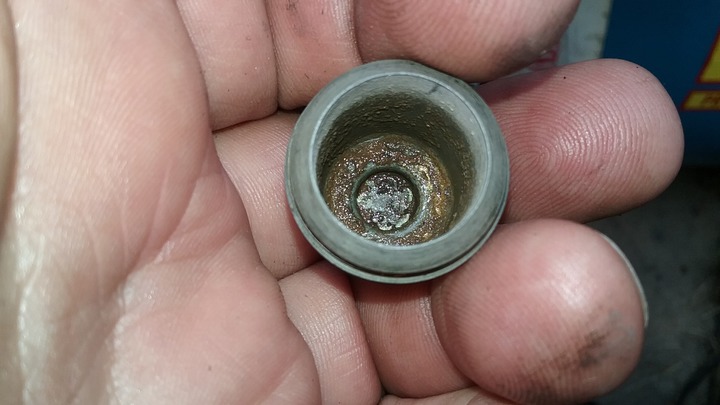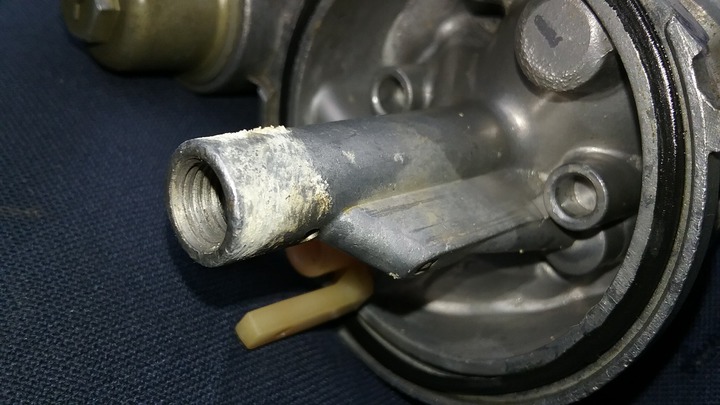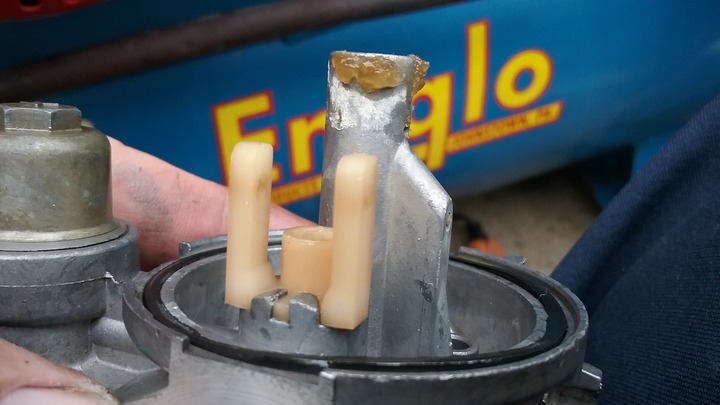Minnesota has been on E10 for a lot of years now, decades(?),and are up to B15 diesel in summertime as of this year.
Lot of us use it in our mowers and snowblowers and it works fine.
The issue is the crud that is in gasoline. Gasoline is a very dirty fuel, made up of many components, all of which have different boiling points, and degrees of varnish and such creation.
Ethanol is a good solvent, and it cleans out your fuel system. All that crud and varnish and junk gets cleaned out of your gas cans, tanks, and fuel systems.
It's easy to 'blame' ethanol for it. Actually once your old crud system gets cleaned up, ethanol will help keep your system clear of that gas crud, as it keeps the stuff in suspension and deposits away. But of course, you get that one bad slug of crud if you've never used ethanol on older stuff.
Certainly, ethanol added gasoline is a bit different. It's best to handle it a bit different. Certainly gasoline, water, and ethanol react differently than just gasoline and water. But, either way, a person has a problem. It is funny that to combat small amounts of water in gasoline, people add types of ethanol.... and now if the gasoline comes with ethanol already in it, oh my, the world is ending, the horror! Whatever, people are funny.
So, why do we buy mowers and snow blowers with bad fuel hose in them? Certainly an easy fix to spend an extra $2 on a machine that has the right fuel hose on it from the beginning? No one thinks of this?
It is a shame the E85 costs more in your location. It shouldn't be that way, here in the upper Midwest E85 is typically 60 cents cheaper than E10, as it should be. It requires a different tank and nozzle at most filling stations, and with the antiquated opinions of many it is a low volume seller, and so some stations charge more for it and that drives its use even lower. That is an unfortunate vicious circle, hopefully we can get away from that old thinking sooner than later.
The best option is a variable rate dispenser nozzle, when the buyer can pick the percent of E in the mix. Most current modern vehicles on the road today run best on about E25, and that is the blend we should be getting to. E85 is fine and all, but it just doesn't seem practical for many in this country. E25 is the sweet spot for modern computerized engines to make use of the btus from the gasoline and the octane and smoother more efficient burn of the ethanol, giving people the best bang for the cost per gallon.
Folk will continue to believe what they want, but if you search out there a little bit, there is a lot of anti-ethanol put out by the oil industry that is, um, a big stretch to be generous....
on the other side, ethanol will never replace our fuel needs, we won't ever be running 85% E across the board. It does a nice job of complementing and working with gasoline, allowing more gallons per barrel of crude poorer low octane gasoline to be blended with cleaner high octane ethanol and give us a lower cost motor fuel. Perhaps that 25% use rate will be an ideal end goal until we find something different to use entirely. That will be some time away, despite the optimism of electric proponents.
Moderate use of ethanol in our motor fuel supply is doing a lot to keep fuel costs low, and helping keep this planet a little greener. Been proven many times over, despite what a few anti- groups keep spouting out.
Paul







